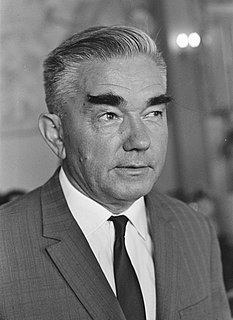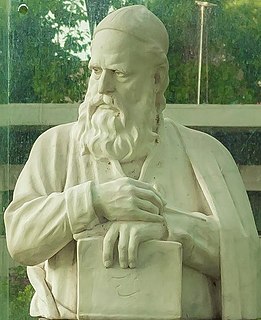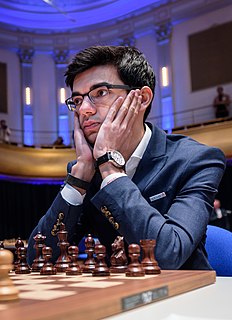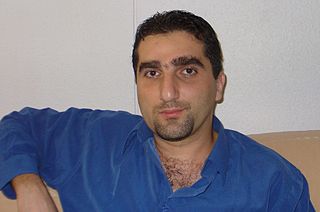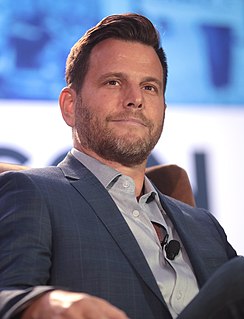A Quote by Quentin Tarantino
You always have to be keeping track, especially in this scenario [ The Hateful Eight], of where everybody is. They're pieces on a chess board.
Related Quotes
They're not gong to give Hateful Eight its credit now, they'll give it its credit later. Hateful Eight was too long. I think we've indulged Quentin [Tarantino] so much with his monologues. Quentin has this very strong cult following around him and his projects, and people are always expecting so much from him.
The man of system, on the contrary, is apt to be very wise in his own conceit; and is often so enamoured with the supposed beauty of his own ideal plan of government, that he cannot suffer the smallest deviation from any part of it... He seems to imagine that he can arrange the different members of a great society with as much ease as the hand arranges the different pieces upon a chess-board. He does not consider that...in the great chess-board of human society, every single piece has a principle of motion of its own, altogether different from that which the legislature might choose to impress upon it.
The micro-compositions are the pieces themselves, but the macro-composition is the whole set of them and how it moves from track to track and how the titles relate to one another, for example. Always when I do records like this of a selection of instrumental pieces - the titles, to me, are very important.
I love chess, and I didn't invent Fischerandom chess to destroy chess. I invented Fischerandom chess to keep chess going. Because I consider the old chess is dying, it really is dead. A lot of people have come up with other rules of chess-type games, with 10x8 boards, new pieces, and all kinds of things. I'm really not interested in that. I want to keep the old chess flavor. I want to keep the old chess game. But just making a change so the starting positions are mixed, so it's not degenerated down to memorisation and prearrangement like it is today.
'Django' was definitely the beginning of my political side, and I think 'Hateful Eight' is the... logical extension and conclusion of that. I mean, when I say conclusion, I'm not saying I'll never be political again, but, I mean, I think it's like, in a weird way, 'Django' was the question, and 'Hateful Eight' is the answer.

